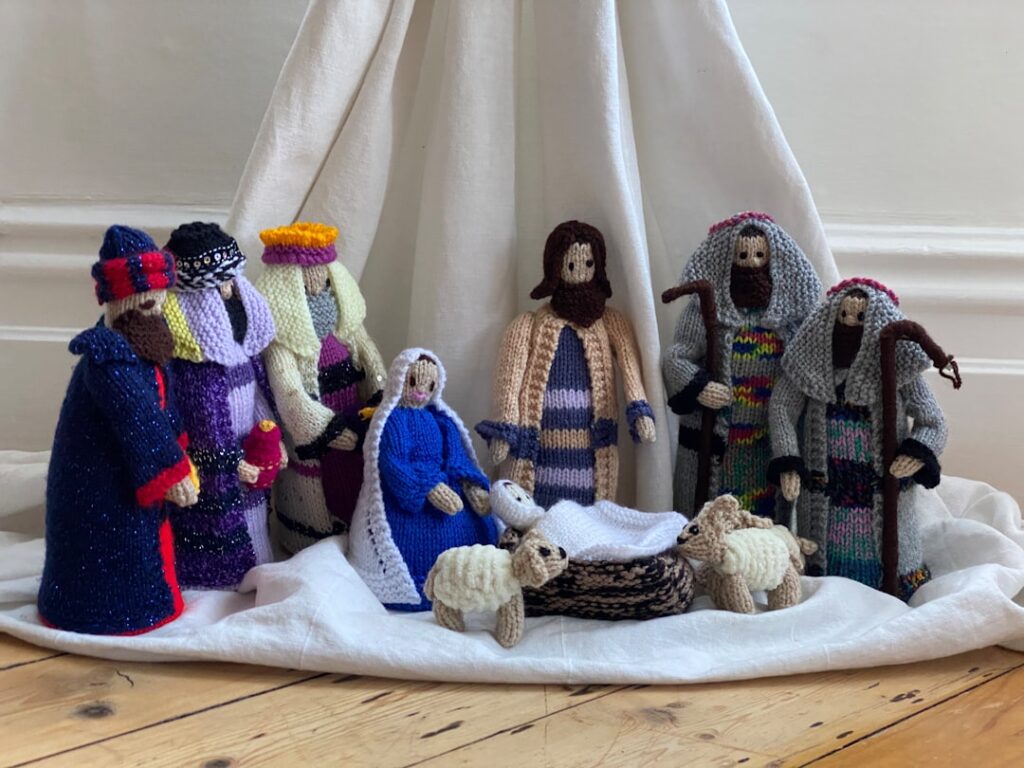 In the ancient scrolls of the prophet Hosea, we find an intriguing metaphor that captures the essence of the Israelite’s spiritual state during a tumultuous period: “Ephraim is a cake not turned” (Hosea 7:8).
In the ancient scrolls of the prophet Hosea, we find an intriguing metaphor that captures the essence of the Israelite’s spiritual state during a tumultuous period: “Ephraim is a cake not turned” (Hosea 7:8).
At a cursory glance, one might find this analogy whimsical, even benign. Yet, in the heart of this symbolism lies a profound commentary on the spiritual vacillation and instability of the nation.
Consider for a moment the image of a cake not turned. Envision a griddle where dough begins to cook. One side crisps to a golden brown while the other remains soft, unbaked, and susceptible to all external influences. This cake, delicious on one side and raw on the other, is neither here nor there. It’s in transition, caught between two states, incomplete.
Isn’t that an accurate depiction of Ephraim, representing the northern kingdom of Israel during Hosea’s time? On one hand, they showcased an exterior of religiosity and devotion, attending the required feasts and offering sacrifices. Yet, on the other hand, they were deeply entangled in idolatry, making alliances with foreign powers, and drifting farther from the God who had called and chosen them.
But why Ephraim? Why single out this tribe as a representation? Historically, Ephraim had been a dominant and influential tribe within Israel. Its prominence meant that its actions were consequential, setting precedents for others to follow. When Ephraim faltered, the ripple effects were palpable throughout the land. Ephraim’s half-baked spirituality, akin to a cake not turned, was a symbol of a nation in religious flux.
As we meander through the corridors of our 21st-century reality, Hosea’s analogy reverberates with timeless relevance. Aren’t we, in many ways, also “cakes not turned”? Living in an era marked by unparalleled technological advancements, we pride ourselves on our modernity and knowledge. Yet, in our relationship with the divine, do we not often find ourselves straddling two worlds? Drawn towards spiritual truths yet equally enticed by the material and temporal. It’s tempting to question: Are we also exhibiting a façade of faith while our hearts waver, much like Ephraim?
The implications of such a state are profound. Just as a cake not properly turned fails to achieve its intended taste and texture, a life not fully devoted lacks the depth, richness, and transformation God desires for us. It’s a call to introspection, a divine nudge to assess our spiritual temperature, to ensure we’re not lukewarm, half-cooked in our commitment.
As we ponder this, let’s also remember God’s relentless love, evident in Hosea’s narrative. Even as He pointed out Israel’s (Ephraim’s) failures, He also beckoned them to return, to be restored. Similarly, God’s grace today invites us, with all our imperfections and hesitations, to turn fully to Him. To be ‘well-cooked’, matured in faith, wholly devoted.
The perennial challenge remains: Will we heed the call? Will we let ourselves be fully transformed by God’s refining fire, or will we remain a cake not turned, caught in perpetual spiritual indecision? Let us strive for authenticity, for a faith that’s consistent, thorough, and deeply rooted in the knowledge and love of God.






